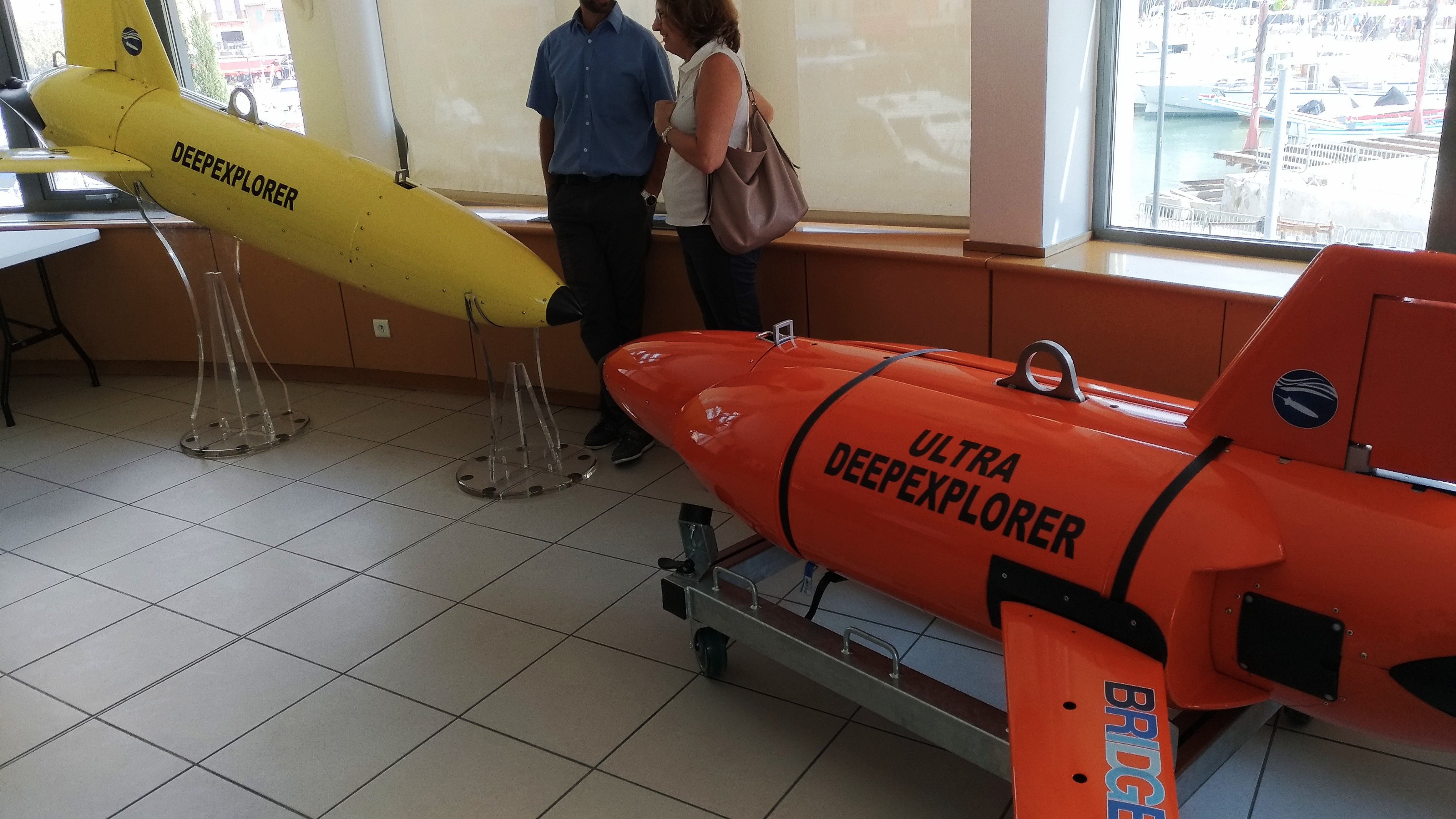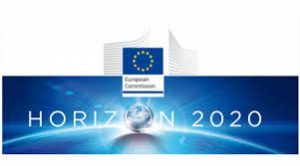EU | European Green Deal call
This article was first published on the European Commission’s website.
The Green Deal call will mobilise research and innovation to foster a just and sustainable societal transition aiming at ‘leaving nobody behind’.
Projects are expected to deliver tangible and visible results relatively quickly and show how research and innovation can provide concrete solutions for the Green Deal main priorities.
This is why the call will support
- pilot applications, demonstration projects and innovative products
- innovation for better governance of the green and digital transition
- social and value chain innovation
In addition to technological development and demonstration, the call encourages experimentation and social innovation for new ways to engage civil society and empower citizens.
In relation to the current pandemic, the call will contribute to the green and digital recovery and to increasing societal resilience for example in agriculture, biodiversity acceleration of renewables, clean transport and modernisation towards a clean and circular industry.
More information on the European Commission’s website.


